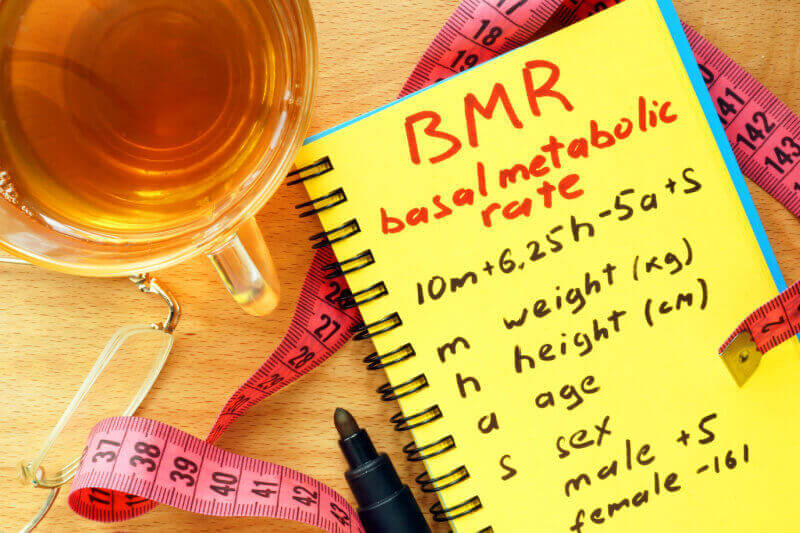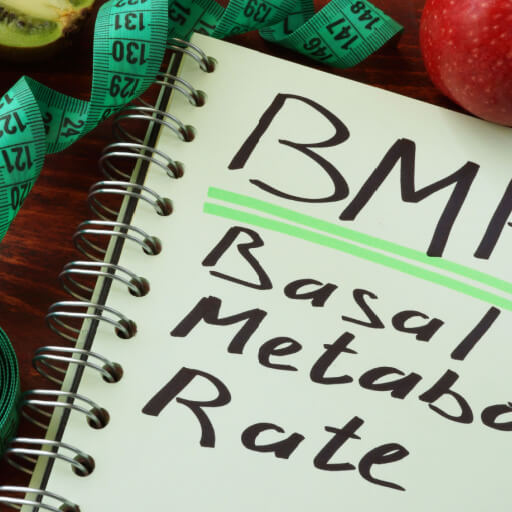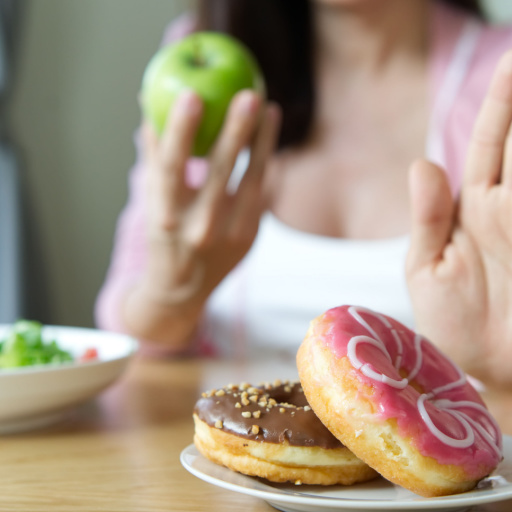During the course of a day, your body burns a certain number of calories while performing its essential functions. The Basal Metabolic Rate (BMR) calculates the basic calories you need for the day. Here’s what you should know about BMR and how to use it this new year to stay healthy as you grow older.
Aditya Birla Health Insurance presents to you #LetTheMindGamesBegin. This is a 14-day program on our Activ Living Community, where you will learn a mind hack to stay healthy and stick to your New Year health resolutions. Anagha Shrivadkar, an expert in nutrition science, gives a detailed account of how you can calculate your BMR. Avoid giving up on this year’s resolution using expert advice in fitness, nutrition and mindfulness.
What you should know:
- What is Basal Metabolic Rate (BMR)?
- How to calculate your ideal BMR?
- How many calories do you need every day?
- How does your age affect your BMR?
What is Basal Metabolic Rate?

Even at rest, your body still burns calories to sustain life’s basic functions. The BMR is the number of calories your body needs to accomplish the following activities:
- Breathing,
- Circulation,
- Nutrient Processing, and
- Cell Production.
Thus BMR is the number of calories your body needs to accomplish the most basic functions of life. The body’s BMR accounts for 50–80 percent of your daily energy use. BMR estimates can help monitor your calorie consumption, especially if you want to keep your weight in check and build muscle mass.
How to calculate your ideal BMR?
A widely used way to estimate your BMR is by using the Revised Harris-Benedict Equation:
-
Men: 66 + (13.7 x weight in kg) + (5. x height in cm) – (6.8 x age in years)
-
Women: 655 + (9.6 x weight in kg) + (1.8 x height in cm) – (4.7 x age in years)
You can use this formula or simply use our basal metabolic rate calculator and find your ideal BMR.
How many calories do you need every day?
Once you have estimated your BMR using the Harris-Benedict formula, the next step is to find out how many calories you burn each day. This will give you your total daily calorie expenditure. This could be different for different activity levels and lifestyles. Here is how to get to that estimate based on your lifestyle.
- Sedentary – If you get minimal or no exercise, multiply your BMR by 1.2.
- Lightly active – If you exercise lightly one to three days a week, multiply your BMR by 1.375.
- Moderately active – If you exercise moderately three to five days a week, multiply your BMR by 1.55.
- Very active – If you engage in strenuous exercise six to seven days a week, multiply your BMR by 1.725.
- Extra active – If you engage in very hard exercise six to seven days a week or have a physical job, multiply your BMR by 1.9.
Keep in mind the final number you infer upon to know approximately how many calories you need daily to maintain weight.
Understanding this number gives a better insight into your body’s metabolism, as it helps determine the number of calories you should consume in a day.
To lose weight, you have to be in a calorie deficit. If you increase your physical activity, you can increase the calorie intake needed for the day. The more intense the exercise, the longer the increased metabolism rate is.
Overall, your BMR is a great place to start determining what kind of nutrition and physical activity you need to meet your goals.
How does your age affect your BMR?
The basal metabolic rate markedly decreases with advancing age; it decreases almost linearly.
As you grow older, your metabolic rate tends to drop, lowering your BMR.
For instance, one study calculated the BMR of three groups of people: i) between ages 20–34, ii) between the ages 60–74, and iii) ages over 90. Compared to the youngest group, people aged 60–74 burned roughly 122 fewer calories, while people over 90 burned around 422 fewer calories.
Here are some of the reasons your age affects your BMR.
-
Slow metabolic processes:
The mitochondria generate energy for your cells, while the sodium-potassium pumps generate nerve impulses and muscle and heart contractions. Both of these components slow down as you age, progressively reducing your metabolic rate.
-
Muscle loss:
An average adult can lose between 3-8% of muscle mass every decade after turning 30. This can be due to a reduction in physical activity, but also because the production of growth hormones, testosterone, or estrogen decreases.
-
Reduced activity:
The amount of time you stay active in exercises and other physical activity tends to drop as you grow older. This means you burn fewer calories during the day, which leads to a slower metabolism.
Take a cue from these factors and pay attention to your fitness, diet, and lifestyle. In 2023, stay active and physically fit, sit less and move more, and maintain a balanced diet to stay healthy.
After calculating BMR online, you might need help adjusting the daily calorie requirement to your current routine. To burn more calories or reduce the calorie intake in your diet, you can avail helpful fitness or nutrition tips on the Activ Living Community. For more mind hacks, check out the #LetTheMindGamesBegin section here.





 1800-270-7000
1800-270-7000













I really appreciate your email. I want to stop my negative habits because I have so many. If you have a solution, kindly assist me.
You will have my gratitude.